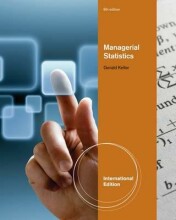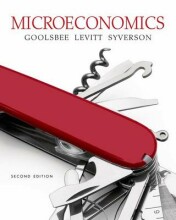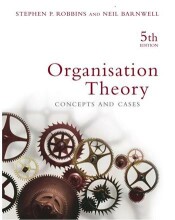Institutional logics
17 important questions on Institutional logics
What are institutional logics?
What is institutional complexity?
What are institutional strategies?
- Higher grades + faster learning
- Never study anything twice
- 100% sure, 100% understanding
What are the main categories of institutional strategies?
2. Compromise - partially adhere to the prescribed logic
3. Avoid/disguise - non-compliance to logic
4. Defy - openly challenge prescribed logic
5. Manipulate - attempt to modify prescribed logic
What are the forms of the compliance strategy?
2. Habitual behaviour - no consideration involved, acting that way because you've always been doing it
3. Mimicry - mimicking behaviour of legitimate firms to to uncertainty of what most appropriate/effective action is to take.
What are pacifying and bargaining tactics?
What is concealing non-conformity?
What are the 3 forms of avoid strategy?
2. Buffering
3. Escaping
What are the 3 forms of defying strategy?
2. Challenge - openly questioning the validity of the institution
3. Attack - actively denouncing or belittling the institution.
What are the 3 forms of the manipulation strategy?
2. Influence tactics - through lobbying agains laws etc.
3. Controlling = organisation try to dominate the institution through power
What are the factors of an optimal strategy?
2. Willingness to conform
3. The need to conform (depends on stakeholders)
What are the smaller factors that determine institutional strategy?
2. Heterogeneity in the institutional environment - amount of possibly conflicting institutions present. High heterogeneity lead to lower expectations of firm's compliance due to some degree of flexibility
3. Outcome uncertainty - when an organisation is unsure of results of compliance
4. Type of institution - formal institutions are easier to manipulate due to formality dictating a specific party that can be negotiated with
What is institutional entrepreneurship?
What is the difference between manipulation strategies and institutional entrepreneurships?
What is the paradox of embedded agency?
How can institutional entrepreneurs overcome the paradox?
2. Openness to alternatives
3. Motivation to adopt alternatives - through financial incentive
How does institutional entrepreneurship demonstrate how new institutions are created?
2. Construction of rationales
3. Forging of new inter-actor relations
The question on the page originate from the summary of the following study material:
- A unique study and practice tool
- Never study anything twice again
- Get the grades you hope for
- 100% sure, 100% understanding































